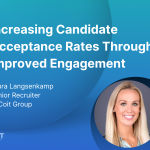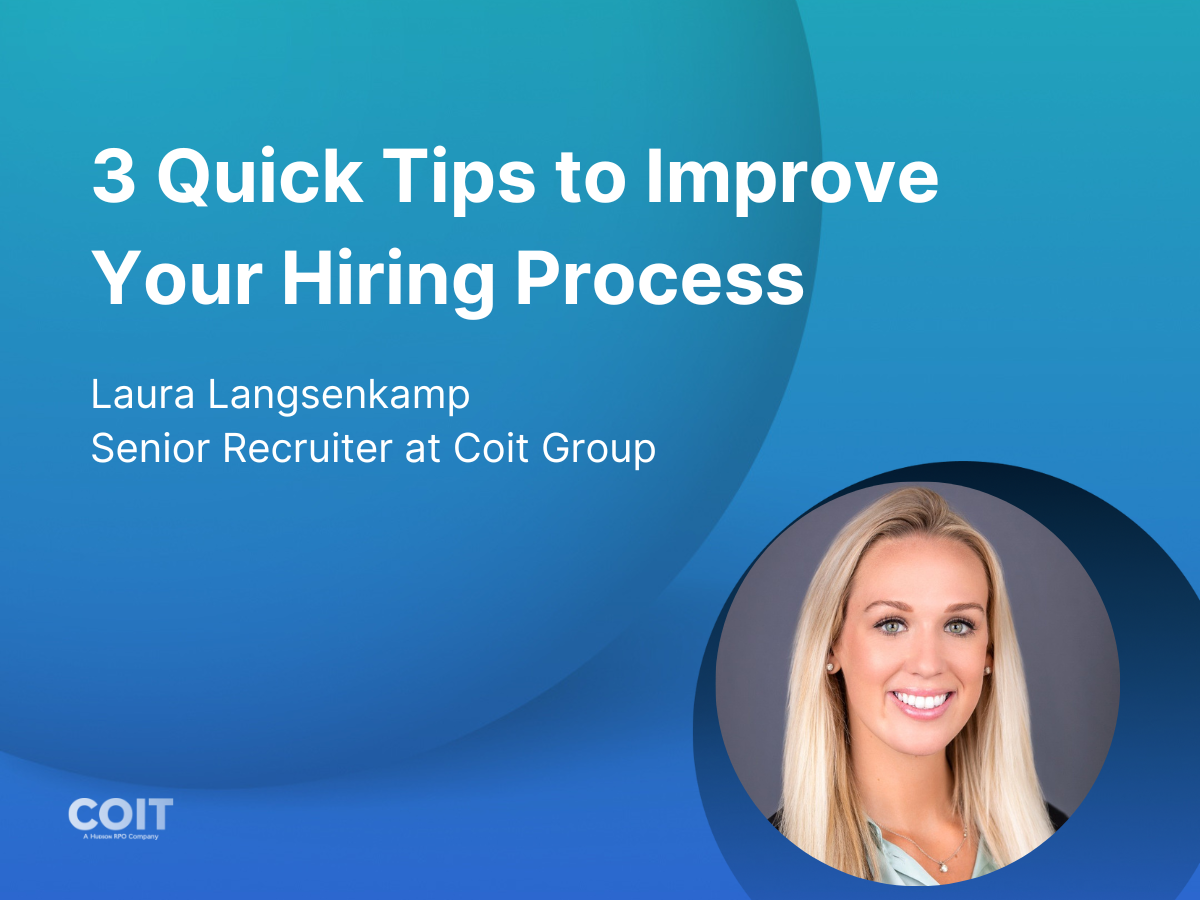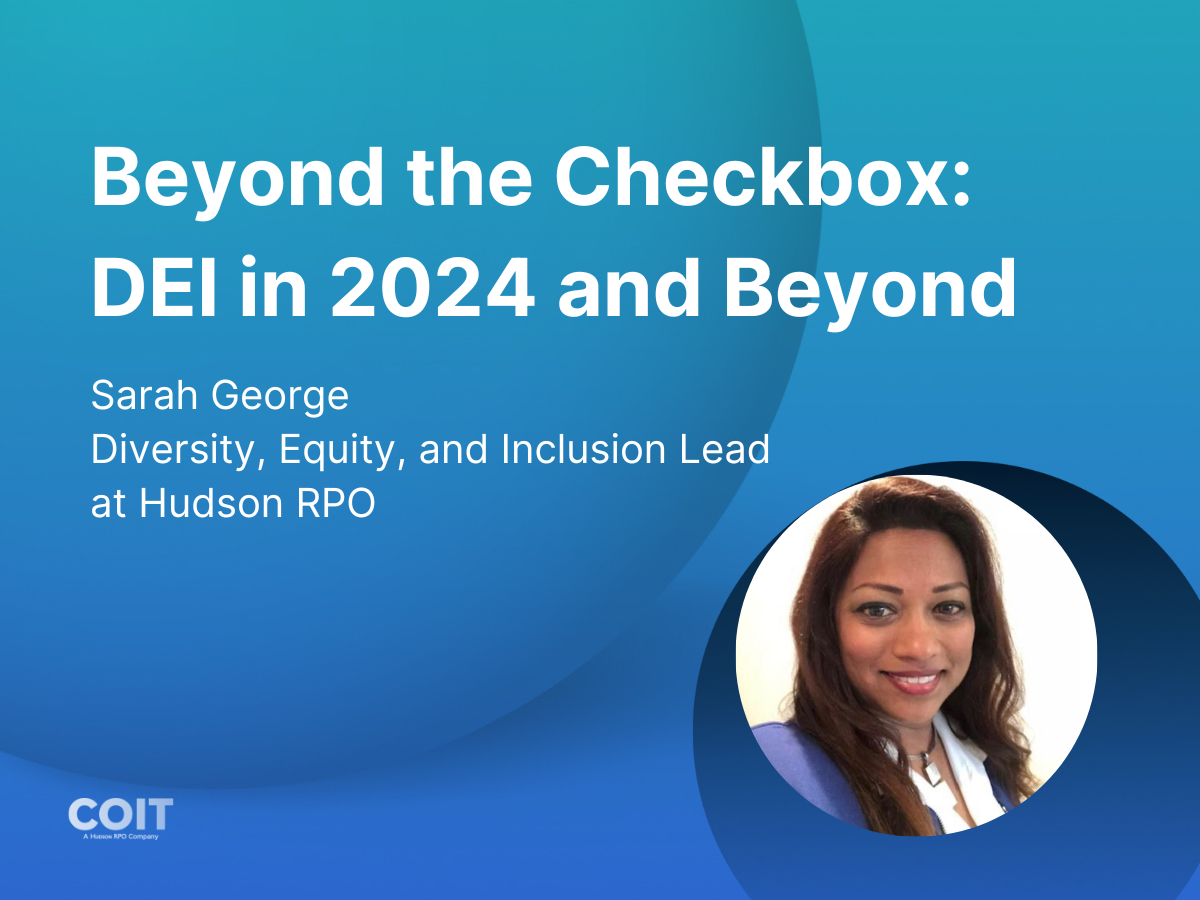To keep up with changes in the market, companies need to continuously analyze data on wage growth, talent availability and jobs created, to adjust compensation strategies accordingly. But as most talent leaders know, compensation isn’t just about the cash.
There’s also the human side: individual motivators and intangibles such as career growth, work-life balance and the flexibility to work remotely or in person on site. This mix of quantitative and qualitative data creates the winning formula to attract better talent and accelerate your business goals.
So how do you engage better talent at the right comp structure? Follow these tips to improve your efforts with real-time data and insights.
The right job description
It sounds simple, but it takes the right job description to find the right person. At Coit, we practice performance-based hiring, developing detailed performance profiles for each opportunity.
Traditionally, job descriptions focus on requirements such as 10 years of experience, a college degree, certain skills and so on. Our experts are more interested in the role itself and what it takes to be successful in that role.
We work together with hiring managers in real time to truly understand and define what’s needed. We then go out and find a handful of best-fit candidates, continually recalibrating our search based on real-time insights and feedback surfaced during interviews.
It works this same way when you’re setting up competitive compensation packages. You need to be able to understand what the job is and also be able to discuss compensation.
Understanding the market
Step one in structuring a competitive offer is understanding the market. As a technology RPO (recruitment process outsourcing) company, Coit leverages several data platforms to surface rich market insights. Blending a deep understanding of the market, competitive landscape and economic trends, we help organizations to tailor compensation to real-time market conditions.
Using reliable sources to inform decisions, and understanding the data points that are most relevant to your organization and history are key to success. Need help honing in on the right tech stack and metrics? Let us know. We are here to help you.
Understand your candidates
Data aside, recruiting is still a relationship business and requires an understanding of the motivations of individual candidates. Companies that can balance real-time market data with human interactions will come out ahead.
It’s very important to connect with candidates to avoid relying too heavily on data. Rather than sending over an email to schedule the next steps, set up a call. Have a conversation. Create rapport to build trust and credibility.
Pull the right levers
While the Apples, Googles and Amazons of the world are able to put together incredible compensation packages, it’s important to recognize that compensation goes beyond salary. There are a number of levers that up-and-coming companies including startups can pull to create enticing offers.
A couple of market data elements that are most often cited from our talent intelligence platforms are current compensation — both base salary and bonuses — as well as equity in the form of options or RSU.
Many of the components that will go into a comp plan and offer such as career growth, equity and work-life balance are unique to your company. These are important factors to consider when presenting an offer. Maybe you’re lower on compensation, but higher on equity or work-life balance. With real-time data, you can see how you compare to the market overall, in terms of low and high-side comp structures.
An offer you can live with
Whatever your offer, it needs to be something that the candidate and your company can live with for the next few years, preferably long-term. When it comes to 10x engineers, for example — engineers who are 10 times more productive and valuable — you can’t go in with an offer that’s less than or equal to what they’re currently making. You need something better.
Come up with creative and valuable ways to differentiate your company and stand out from the competition. Offer more of the intangibles when there are budget constraints, especially if you’re a startup.
Expertise on your side
In the offer process, candidates want to ensure that they don’t leave anything on the table. Our recruiters guide them to an outcome that provides lasting value, based on what’s important to them.
When structuring compensation, you don’t want to go it alone or go with your gut. Your competitors are adjusting to where the market is and you’ll want to do so too. Companies can learn from success stories and best practices. Partnering with an experienced RPO company can help you to learn about successful implementations.
Creating use cases for the level of talent that you want and the work that needs to be done can help you to stay competitive, while also working within budget constraints. Prioritize hiring and spending according to your overall goals, and work backward from there.
Eager to engage better candidates? Contact us at [email protected] today.
Newsletter
Blog Categories
Recent Posts

[Tech x Talent Dashboard] It’s time to change DEI metrics and tactics
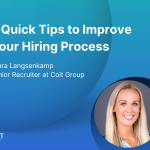
3 Quick Tips to Improve Your Hiring Process

Beyond the Checkbox: DEI in 2024 and Beyond
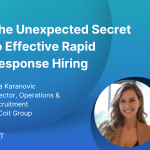
The Unexpected Secret to Effective Rapid Response Hiring
